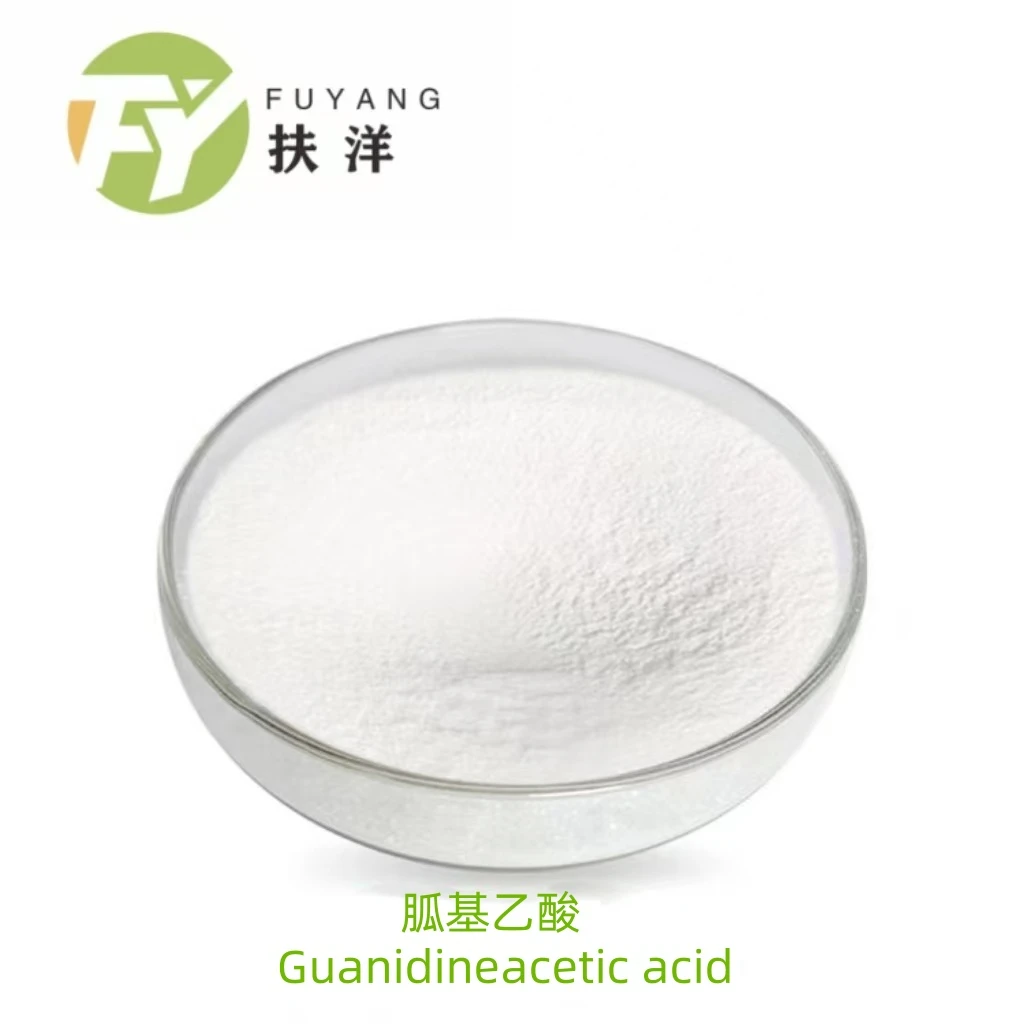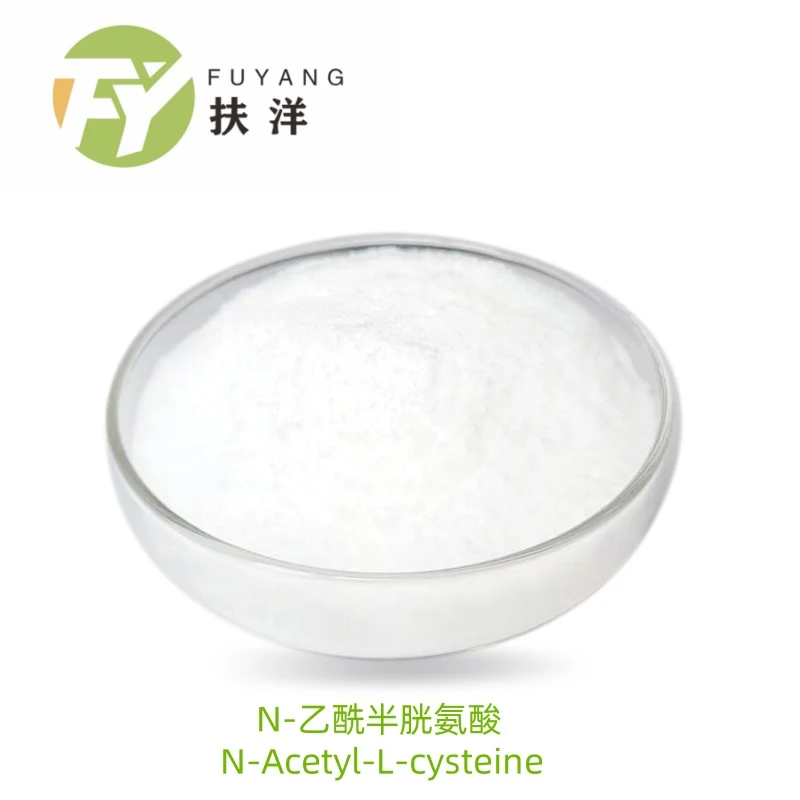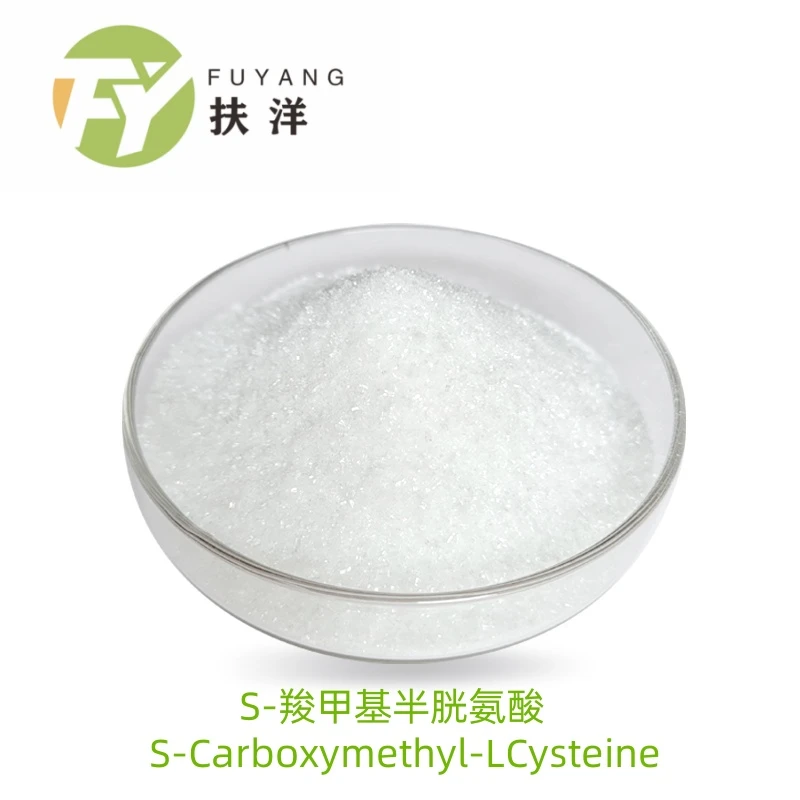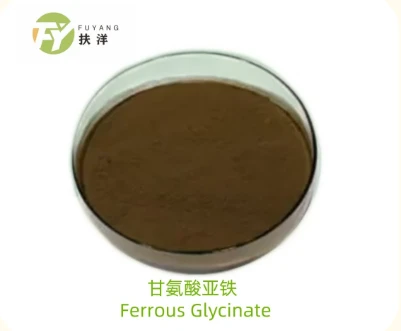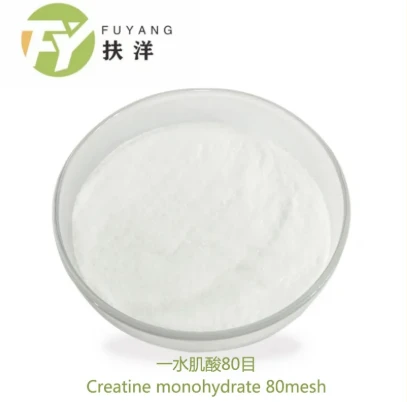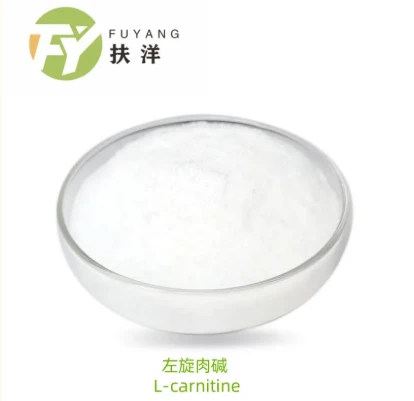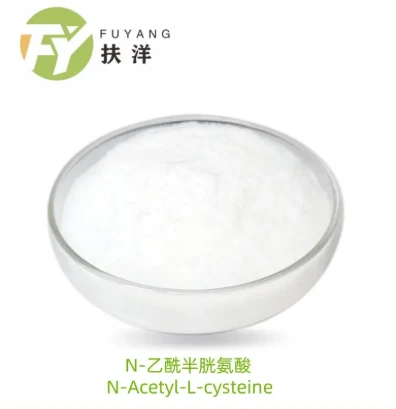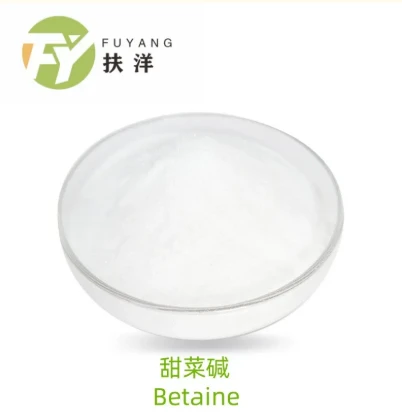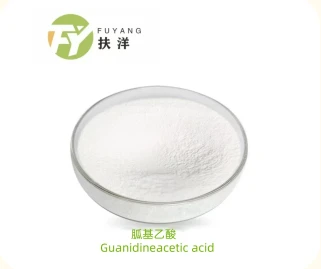- Introduction: Understanding what is glycine powder used for
- The Science of Glycine: Biological Functions and Benefits
- Technical Advantages of Glycine Powder Supplementation
- Manufacturer Comparison: Purity, Source, and Quality Data
- Customized Glycine Solutions for Industry and Health
- Applications and Case Studies Across Sectors
- Conclusion: A Final Take on what is glycine powder used for
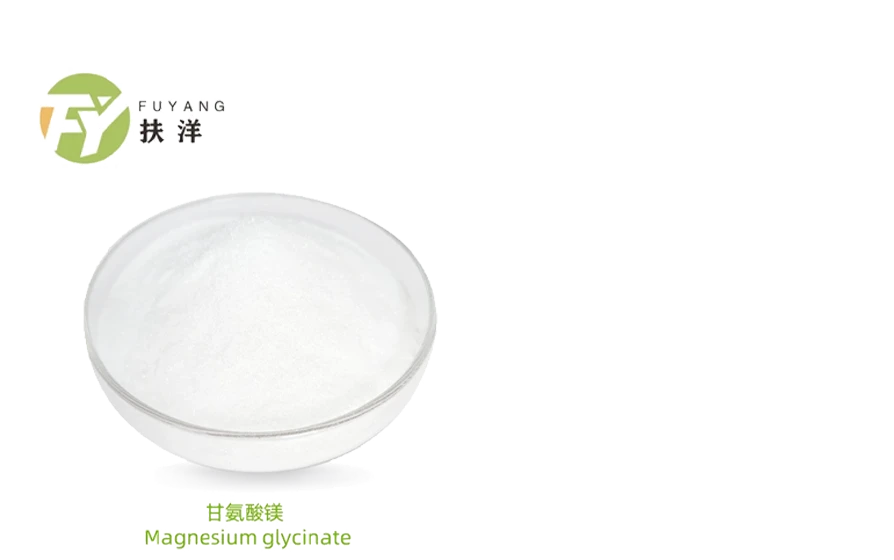
(what is glycine powder used for)
Introduction: What is Glycine Powder Used For?
Glycine powder is a well-respected supplement and ingredient in the world of nutrition, medicine, and industry. At its core, glycine is a non-essential amino acid that plays a multitude of vital roles for both physical and mental well-being. The powdered form makes it supremely versatile—ideal for supplementation, pharmaceutical manufacturing, and industrial processing. In this guide, we will detail what glycine powder is used for, the science behind its functions, and compare leading manufacturers to provide a comprehensive technical perspective supported by real-world data. Whether your concern is health optimization, food fortification, or product development, understanding glycine powder’s potential is essential for both individuals and industry decision-makers.
The Science of Glycine: Biological Functions and Benefits
Glycine is involved in critical physiological processes in the human body. It is a key building block of proteins and plays a central role in the synthesis of collagen, the most abundant protein in mammals. Collagen is vital for healthy skin, joints, ligaments, and connective tissue. Glycine also acts as a neurotransmitter in the central nervous system, helping to regulate signals between neurons and contributing to a sense of calm and wellbeing.
What is glycine used for in the body? Research points to its involvement in muscle growth, improved sleep quality, metabolic health, and even cognitive function. Studies published in The American Journal of Clinical Nutrition demonstrate that supplementing with 3-5 grams of glycine per day can improve sleep onset and sleep quality. In the context of metabolic wellness, glycine assists in the synthesis of glutathione, the body’s master antioxidant, contributing to detoxification and cellular protection.
Its benefits are not only limited to individual supplementation but extend to pharmaceutical formulations, food enhancement, and biochemistry, laying a strong scientific foundation for widespread application.
Technical Advantages of Glycine Powder Supplementation
The powdered format of glycine offers numerous technical advantages over alternative delivery forms. First, it permits highly precise dosing—the fine granules dissolve quickly in beverages or formulations, guaranteeing even distribution. The bioavailability of glycine in powder form is particularly high, especially when taken on an empty stomach, allowing more efficient absorption.
Shelf stability is another strength. Glycine powder, when stored in a cool, dry environment, maintains its structural integrity and potency for extended periods, which is indispensable for large-scale manufacturing. Its neutrality in flavor and odor ensures compatibility with a wide variety of products, from functional foods and capsules to injectable solutions and industrial processes.
The technical superiority is evident in laboratory tests: glycine powder features upwards of 98% purity, minimal moisture content (<1%), and significantly low levels of metal contaminants. Advanced manufacturing techniques—such as enzymatic hydrolysis and microbial fermentation—further enhance purity, drive down heavy metals and ensure compliance with global pharmacopoeia standards.
Manufacturer Comparison: Purity, Source, and Quality Data
Selecting a glycine provider requires close analysis of several performance metrics. Not all manufacturers’ products are equal—differences in sourcing, purification, and quality assurance processes are substantial. Below is a comparative table of leading glycine powder vendors, focusing on purity, origin, compliance, and average batch test results.
| Manufacturer | Glycine Content (%) | Origin | Batch Purity | Heavy Metals (ppm) | Pharmacopoeia Compliance |
|---|---|---|---|---|---|
| Ajinomoto | 99.5 | Japan (Fermentation) | Consistent | <1.0 | USP, JP, EP |
| Evonik | 99.3 | Europe (Enzymatic) | Consistent | <0.9 | USP, EP |
| Yixing Hualong | 98.9 | China (Synthesis) | Occasional Deviations | 1.2 | USP |
| Shijiazhuang Donghua | 99.0 | China (Fermentation) | Stable | 1.0 | USP, JP |
These data points highlight the importance of sourcing from reputable manufacturers with robust quality assurance protocols to guarantee efficacy and safety for end users.
Customized Glycine Solutions for Industry and Health
The requirements for glycine powder often diverge depending on the sector—dietary supplement producers, pharmaceutical manufacturers, and food industry players each have distinct specifications. Many suppliers offer customized glycine solutions such as micronized powders for rapid solubility, high-purity formulations for injectable use, and blends tailored for animal feed fortification.
In the nutraceutical field, glycine is often combined with L-theanine or magnesium to target stress reduction. Pharmaceutical applications might demand endotoxin-tested glycine for parenteral nutrition or excipient functionality in solid dosage forms. Meanwhile, the food industry values instantized glycine for beverage fortification and improved mouthfeel in protein-enriched formulations.
Leading-edge vendors support these customizations with digital certificates of analysis, supply chain transparency, and full batch traceability—empowering enterprise clients to meet evolving legal, safety, and performance standards.
Applications and Case Studies Across Sectors
Glycine powder is a silent workhorse across multiple domains. In clinical practice, supplementation with 5 grams nightly has demonstrated reductions in fatigue and faster recovery among shift workers, according to studies published in Sleep and Biological Rhythms. Additionally, veterinary research indicates improved feed conversion ratios in broiler chickens when diets are enhanced with 0.3% glycine.
In food science, major beverage companies employ glycine as a flavor enhancer, reducing sodium levels in soups and sauces by up to 25% without compromising palatability. Industrial scale collagen peptide production utilizes glycine to optimize gel strength and firmness—critical for both functional foods and skin health products.
Pharmaceutical manufacturers rely on glycine for intravenous solutions, where it stabilizes certain drugs and serves as a metabolic fuel for critically ill patients. Its inclusion in biochemical buffers supports precision enzyme assays and pharmaceutical synthesis.
These real-world examples demonstrate the remarkable versatility and value of glycine powder, backed by robust scientific and technical validation.
Conclusion: What is Glycine Powder Used For?
Comprehensive analysis reveals that glycine powder is more than just a building block for proteins—it is a cornerstone for diverse industries and health applications alike. From optimizing sleep and fortifying foods to supporting pharmaceutical stability and animal nutrition, the collective data and practical outcomes underscore its multidimensional impact. Whether sourced for clinical research, mass-market foods, or advanced manufacturing, understanding what is glycine powder used for empowers stakeholders to harness its full potential with confidence.
When prioritizing purity, bioavailability, and customization, choosing a trusted supplier is pivotal. As the breadth of applications continues to expand, monitoring scientific advances will further inform best practices for glycine’s integration into new products and systems, ensuring sustained value for industry and society.
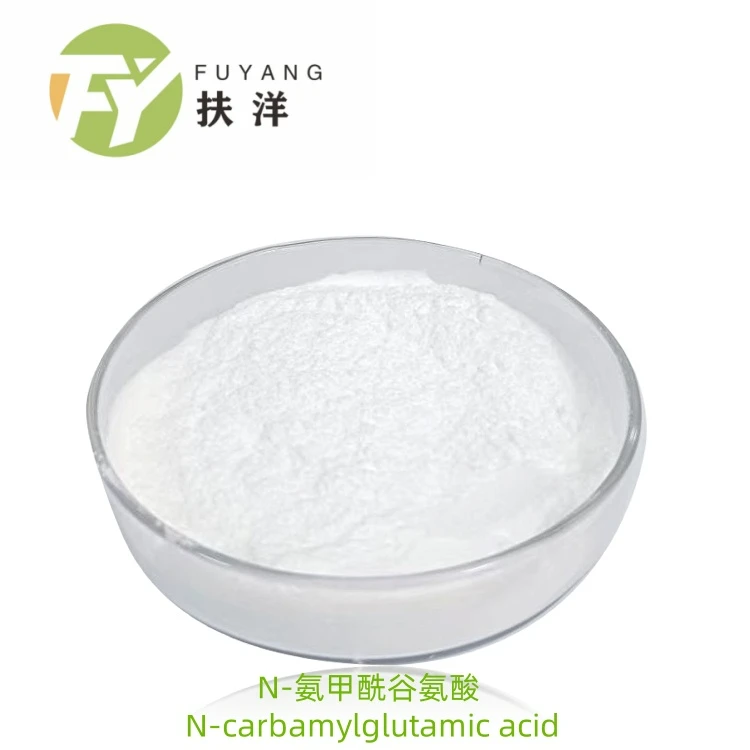
(what is glycine powder used for)
FAQS on what is glycine powder used for
Q: What is glycine powder used for?
A: Glycine powder is commonly used as a dietary supplement to support sleep quality, cognitive function, and joint health. It is also added to drinks and food as a flavor enhancer or nutritional booster. People often take glycine powder for its potential calming and restorative effects.
Q: What is glycine used for in the body?
A: In the body, glycine aids in protein synthesis, supports central nervous system function, and is essential for the production of collagen. It helps regulate neurotransmitters that affect sleep and mood. Glycine also plays a role in detoxification and immune support processes.
Q: What are the main benefits of glycine supplements?
A: Glycine supplements are believed to improve sleep quality, enhance memory, and promote muscle health. They may also help reduce inflammation and oxidative stress. Many users take glycine for overall wellness and relaxation.
Q: Can glycine powder help with sleep?
A: Yes, glycine powder is often used to support better sleep by calming the nervous system. Studies suggest it may help people fall asleep faster and improve sleep quality. It is considered a natural sleep aid with minimal side effects.
Q: How do people usually take glycine powder?
A: Glycine powder is typically mixed with water, juice, or other beverages. It can also be added to smoothies or food for easy consumption. Most people take it in the evening to support relaxation and restful sleep.

